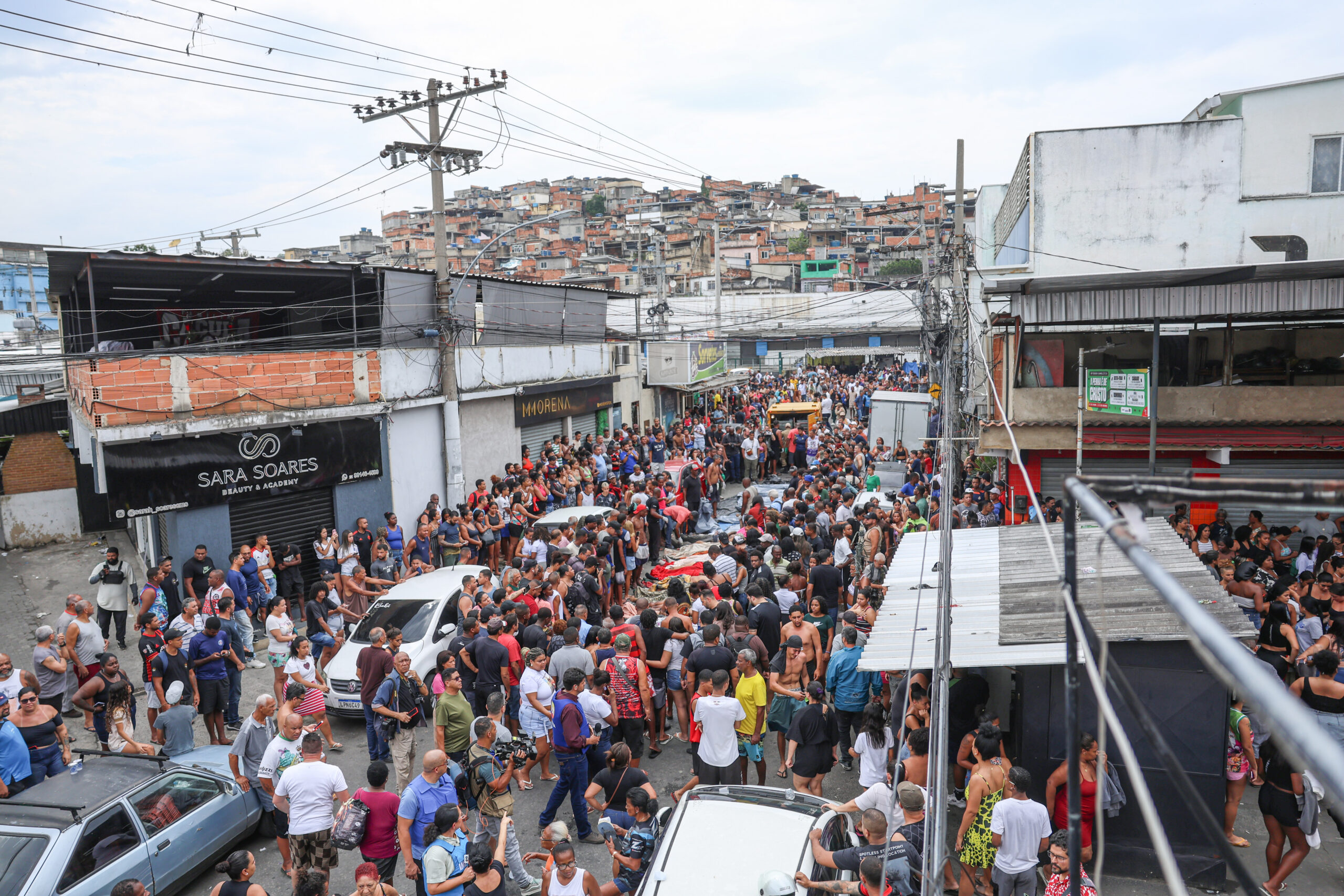On the morning of October 28, 2025, a police operation in Rio de Janeiro resulted in the deaths of more than 130 people, the largest massacre in the country’s recent history. None of these victims had been subject to prior investigation, and many had no proven connection whatsoever to organized crime. The operation demonstrates the extreme militarization of public security, reflects the most brutal criminal populism, and exposes peripheral territories to disproportionate state violence.
Confronting organized crime requires investigation, intelligence, and accountability, but the war on drugs has transformed security policy into an instrument of lethality. By prioritizing the execution of suspected individuals, the State assumes the role of executioner rather than guarantor of rights, reproducing inequalities and legitimizing death as public policy.
This logic is an expression of necropolitics: death is used as an instrument of power over vulnerable populations, primarily Black and peripheral communities. Operations like this not only claim lives but also erode trust in institutions and deepen social exclusion, demonstrating that the current security model weakens democracy instead of protecting it.
The Humanitas360 vehemently condemns this operation, expresses solidarity with the victims’ families, and reaffirms that security policies must prioritize the protection of life, state accountability, and human rights. Killing citizens without investigation is not public policy: it is the denial of citizenship and democracy.
Humanitas360 Institute
(Photo Credits: Tomaz Silva/Agência Brasil)





